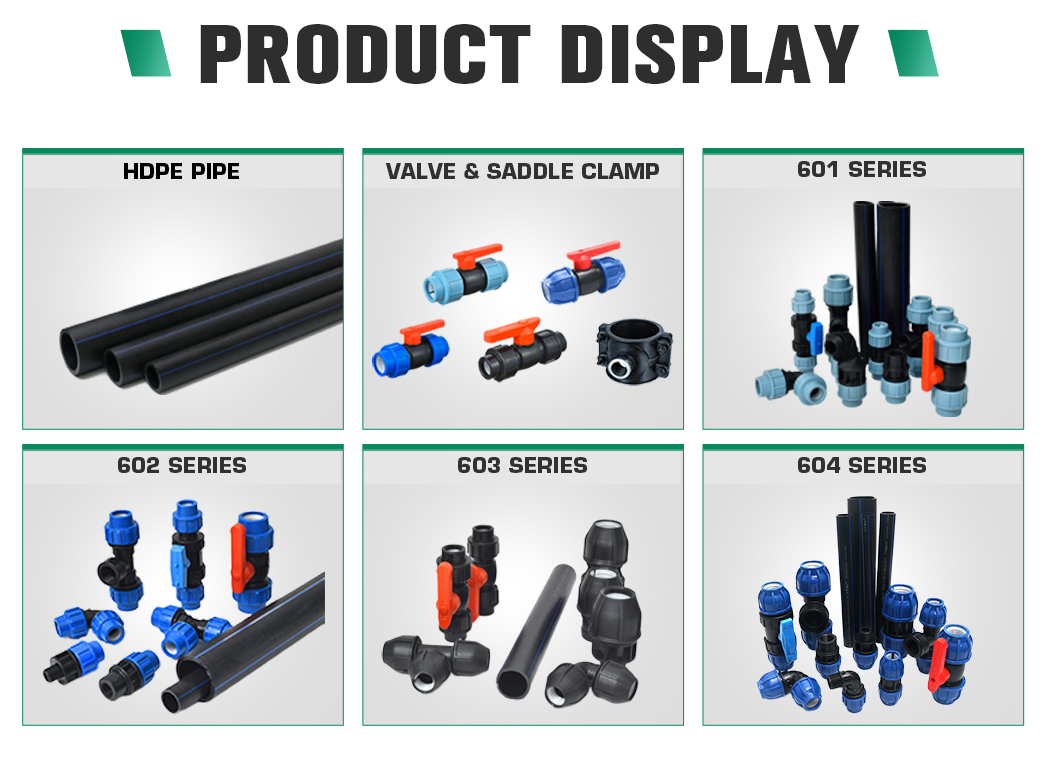Polypropylene (PP) Compression Fitting Sockets have emerged as essential components in various industries, providing robust and reliable solutions for pipe connections. This article delves into the specific applications of PP Compression Fitting Sockets across different sectors, highlighting their advantages and versatility.
IFAN factory 30+ years manufacture experience support color/size customization support free sample.Welcome to consult for catalog and free samples.This is our Facebook Website: www.facebook.com
1. Overview of PP Compression Fitting Socket:
PP Compression Fitting Sockets are designed for connecting polypropylene pipes using compression technology. These sockets, typically crafted from high-quality polypropylene, offer a combination of durability, chemical resistance, and ease of installation, making them valuable in a multitude of industrial applications.
2. Applications Across Industries:
2.1 Agricultural Sector:
In the agricultural sector, where irrigation systems are critical, PP Compression Fitting Sockets play a vital role. These sockets ensure secure connections in polypropylene pipes, contributing to efficient water distribution in fields. Their resistance to weather conditions and chemicals makes them well-suited for prolonged use in agricultural settings.
2.2 Plumbing and Construction:
In plumbing and construction, the demand for reliable pipe connections is paramount. PP Compression Fitting Sockets are widely used for connecting polypropylene pipes in both residential and commercial construction projects. Their ease of installation and resistance to corrosion make them a preferred choice in plumbing applications.
2.3 Chemical Processing Plants:
Chemical processing plants require materials that can withstand corrosive environments. PP Compression Fitting Sockets, with their excellent chemical resistance, are employed to connect pipes in chemical processing facilities. This ensures the integrity of the pipeline system, preventing leaks and ensuring safety.
2.4 Water Treatment Facilities:
Water treatment facilities rely on secure and durable pipe connections. PP Compression Fitting Sockets, known for their tight seals, are frequently used in water treatment plants. They contribute to the efficiency of water distribution systems, providing a reliable solution for connecting polypropylene pipes.
2.5 Manufacturing and Industrial Processes:
In various manufacturing industries, where diverse fluids need to be transported, PP Compression Fitting Sockets find applications in connecting pipes. Their versatility, combined with resistance to corrosion and chemicals, makes them suitable for a wide range of industrial processes.

3. Advantages of PP Compression Fitting Socket:
3.1 Chemical Resistance:
The polypropylene material used in these sockets imparts excellent resistance to a variety of chemicals, ensuring longevity in corrosive environments.
3.2 Ease of Installation:
PP Compression Fitting Sockets feature a user-friendly design, allowing for quick and easy installation without the need for specialized tools. This not only saves time but also reduces installation costs.
3.3 Durability:
The sockets exhibit high durability, ensuring a long service life even in demanding industrial applications. This durability contributes to cost-effectiveness over the product’s lifecycle.
3.4 Versatility:
The versatility of PP Compression Fitting Sockets makes them suitable for a wide range of applications, adapting to the specific needs of different industries.
4. SEO-Friendly Conclusion:
In conclusion, the diverse applications of PP Compression Fitting Sockets underscore their significance across industries. From agriculture to manufacturing, these sockets provide reliable solutions for connecting polypropylene pipes. Their chemical resistance, ease of installation, and durability make them a preferred choice, contributing to the efficiency and longevity of various industrial processes. As industries continue to evolve, the role of PP Compression Fitting Sockets is expected to expand, further solidifying their status as indispensable components in modern industrial applications.

